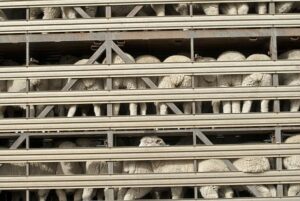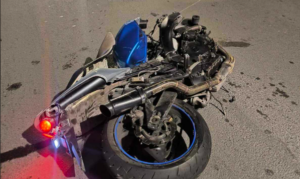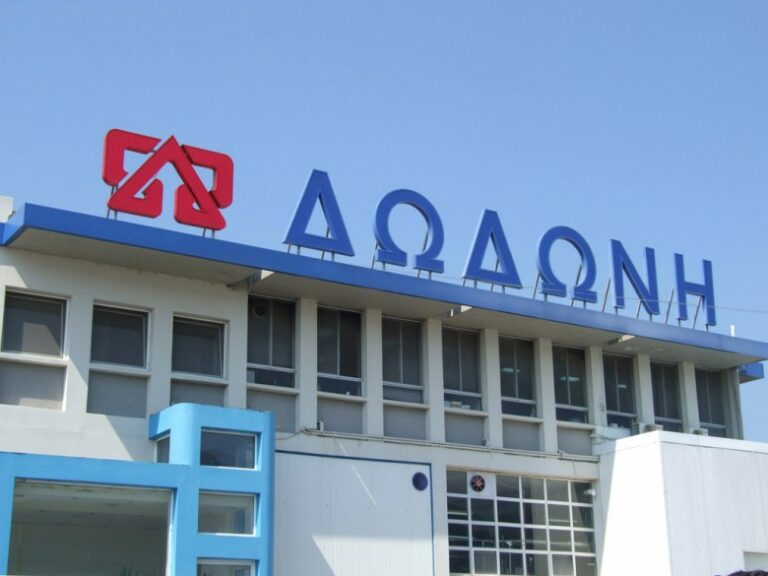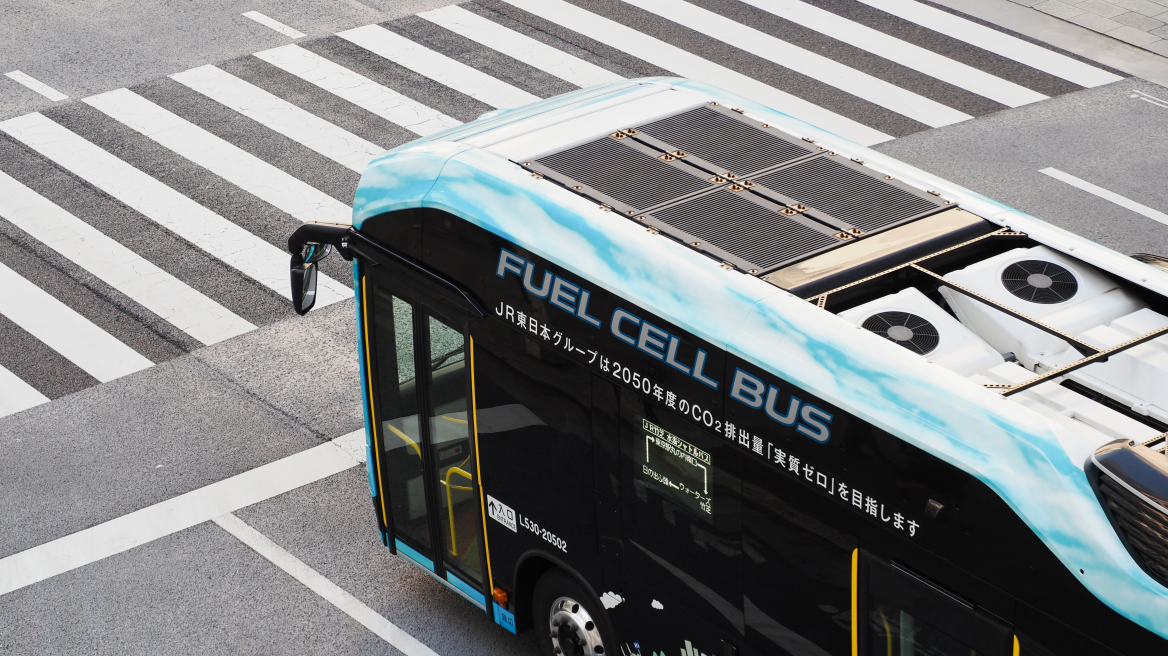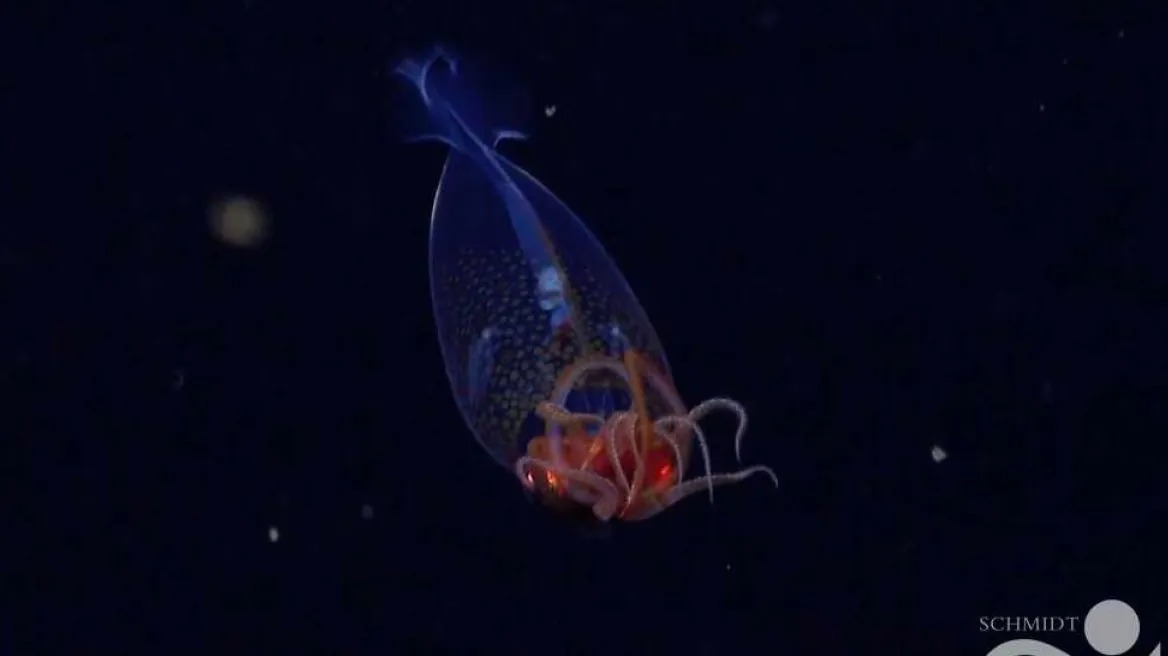MEPs members of the European Parliament’s Agriculture Committee want to see sanctions imposed on member states which fail to apply EU rules on protecting transported animals.
In a resolution adopted by 22 votes in favour, 12 against and four abstentions, the Agriculture Committee said 2005 EU law on the protection of animals during transport is poorly applied in some member states.
Every year millions of animals are transported long distances within the EU or from the EU to non-EU member states for breeding, rearing, further fattening and slaughter but also for recreation, competitions and as companions.
Following media reports on ill-treatment of transported animals, the Parliament’s Conference of Presidents (EP president and political groups’ leaders) tasked the Agriculture Committee with drafting an implementation report on how EU rules are being enforced in practice.
The resolution approved by majority by the Agriculture Committee will now go to the plenary in February.
It called for tougher penalties for offenders, saying the EU Commission should not shy away from imposing sanctions on member states, which fail to apply the EU rules correctly.
Member states for their part should prosecute breaches of EU rules with effective, proportionate and dissuasive penalties, harmonised at EU level, reflecting the damage, scope, duration and recurrence of the infringement.
These sanctions should include confiscation of vehicles and compulsory retraining of staff responsible for animal welfare.
Stricter checks and better transport vehicles
MEPs want to deploy modern technology to improve enforcement of current rules. They called on the Commission to develop geolocation systems that would enable animals’ location and the duration of journeys in vehicles to be tracked. They also demand a real-time feedback loop between points of departure and arrival and penalties for those who falsely fill in journey logs.
To protect animals better, national authorities should:
- carry out more unannounced and risk-based checks,
- inform authorities in all countries along the transport route if a breach is identified,
- push transporters to develop systems to prevent breaches recurring,
- suspend or withdraw transporter’s licence for repeat offenders,
- ban non-compliant vehicles and vessels, and
- adapt ports to animal-welfare requirements and improve pre-loading checks.
MEPs also pushed for a new 2020-2024 animal welfare strategy and a clear definition of what constitutes fitness for transport and guidelines on how to assess it. They also want a science-based update of EU rules on transport vehicles to ensure:
- sufficient ventilation and temperature control,
- appropriate drinking systems and liquid feed,
- reduced stocking densities and specified sufficient minimum headroom, and
- vehicles adapted to the needs of each species.
Cutting transport time and dealing with exports
Animal journey times should be as short as possible, the Agriculture Committee argued. It promoted alternative strategies, such as local or mobile slaughter and meat processing facilities close to the place of rearing or on-farm slaughter, short distribution circuits and direct sales.
MEPs asked the Commission to carry out research on appropriate journey times for different species and to develop a strategy to shift from live animal transport mainly to transport of meat-and-carcass and germinal products, when possible.
The adopted text also insists that unless transport standards in non-EU countries are aligned with the EU ones and properly enforced, the EU should seek to mitigate the differences through bilateral agreements or, if not possible, ban transport of live animals to these countries.
MEPs also want EU states bordering non-EU countries to provide rest areas where animals could be unloaded and given food and water while waiting to leave the EU.

